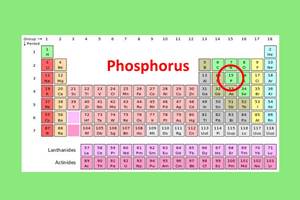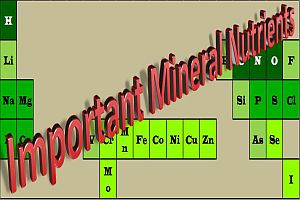Benefits of Zinc
 Zinc is the second-most common mineral in the human body (after iron) and is found in every one of our cells. It plays a vital role in many of the body’s functions, so ensuring that you get enough zinc in your diet is important. It is essential for helping the body to heal and for the maintenance of a healthy immune system. It is also important is supporting the senses (taste, sight and smell), blood clotting and healthy thyroid function.
Zinc is the second-most common mineral in the human body (after iron) and is found in every one of our cells. It plays a vital role in many of the body’s functions, so ensuring that you get enough zinc in your diet is important. It is essential for helping the body to heal and for the maintenance of a healthy immune system. It is also important is supporting the senses (taste, sight and smell), blood clotting and healthy thyroid function.
Zinc is one of the most important minerals for fertility and general reproductive health. It is necessary for proper levels of testosterone in men and the maintenance of a healthy libido. The mineral also plays a key role in the healthy development of sperm, and abundant levels of zinc have been shown to be protective of the prostate, reducing the risk of prostate cancer. The belief that oysters have aphrodisiac properties actually does have some basis in truth. Oysters have one of the highest concentrations of zinc of any food. In women it regulates estrogen and progesterone and supports the proper maturation of the egg in preparation for fertilization.
Ensuring you have an adequate level of zinc can help reduce your risk of insulin sensitivity, one of the precursors to diabetes. It supports T-cell function, which boosts the immune system when the body is under attack by bacteria and viruses.
Zinc deficiency is not common in the developed world, but those with anorexia, alcoholics, the elderly and anyone with a malabsorption syndrome such as celiac disease or Crohn’s disease is at higher risk. Zinc deficiency symptoms include frequent colds, poor wound healing, poor growth, loss of appetite, weight loss, dermatitis, psoriasis, hair loss, white spots on the nails, night blindness and depression.
Following is the recommended daily intake of zinc for different age groups:
Infants birth – 6 months: 2 mg/day
Infants 7 – 12 months: 3 mg/day
Children 1 – 3 years: 3 mg/day
Children 4 – 8 years: 5 mg/day
Children 9 – 13 years: 8 mg/day
Adolescent boys 14 – 18 years: 11 mg/day
Adolescent girls 14 – 18 years: 9 mg/day
Men 19 years and older: 11 mg/day
Women 19 years and older: 8 mg/day
Pregnant women 14 – 18 years: 12 mg/day
Pregnant women 19 years and older: 11 mg/day
Breastfeeding women 14 – 18 years: 13 mg/day
Breastfeeding women over 18 years: 12 mg/day
Children should never be given zinc supplements without first consulting with a pediatrician. If supplements are necessary, a copper supplement should be taken as well, as a high intake of zinc can deplete levels of copper.
You should be able to get adequate zinc from eating a healthy, balanced diet rich in whole foods. The body absorbs between 20% and 40% of the zinc present in food. The best sources of zinc are oysters, red meat, poultry, fish, shellfish, cheese, legumes (such as soybeans, black-eyed peas and peanuts), cooked greens and seeds (such as pumpkin and sunflower).
Remember that Zinc is especially important for the winter months!

